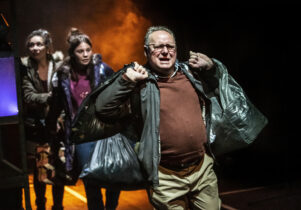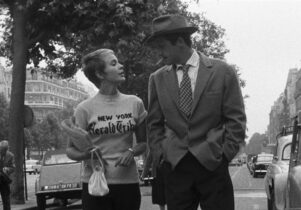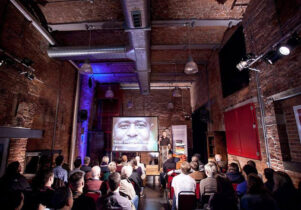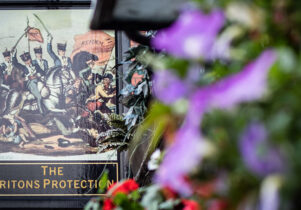Widows at HOME
Tom Grieve, Cinema EditorBook now
Widows
Always double check opening hours with the venue before making a special visit.
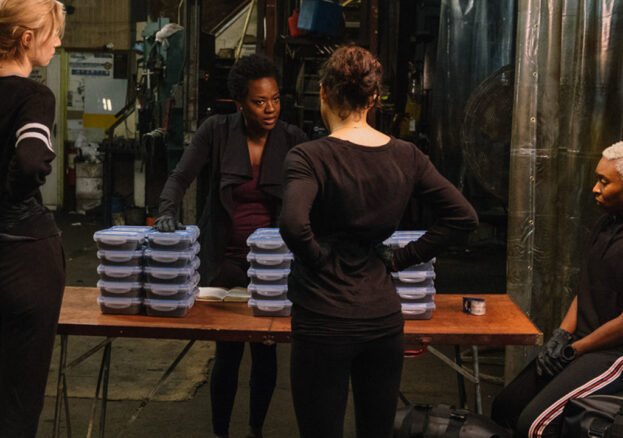
Viola Davis brings together a group of women who inherit their criminal husbands’ debt in director, Steve McQueen’s riveting follow-up to 12 Years a Slave. Co-written by Gone Girl scribe Gillian Flynn, this reworking of Lynda La Plante’s 1980s television series was perhaps not the obvious next step for the director. It turns out genre suits McQueen, who works with a top-drawer cast for a focused, detail-oriented heist film that sympathetically captures the wider circumstances of its Chicago setting.
By opening with Davis’ Veronica kissing her husband Harry (Liam Neeson) in bed before smash cutting to the deadly aftermath of a robbery gone wrong, McQueen quickly lets us know what we’re in for. He cuts back and forth between the deafening carnage and quiet scenes of domesticity as we’re introduced to Harry’s accomplices and their wives, Linda (Michelle Rodriguez) and Alice (Elizabeth Debicki). The style is clinical, glossy even, but brutally effective.
Grief-stricken by their husbands’ deaths, Veronica, Linda and Alice are also left in various states of destitution, a situation made considerably more precarious by the fact that the victim of the theft wants his two million dollars back. The money is all burned up, but Harry did leave behind a notebook with a detailed blueprint for his next score. With no choice but to attempt to execute Harry’s plan, the women set to work gathering equipment and intelligence for the task at hand.
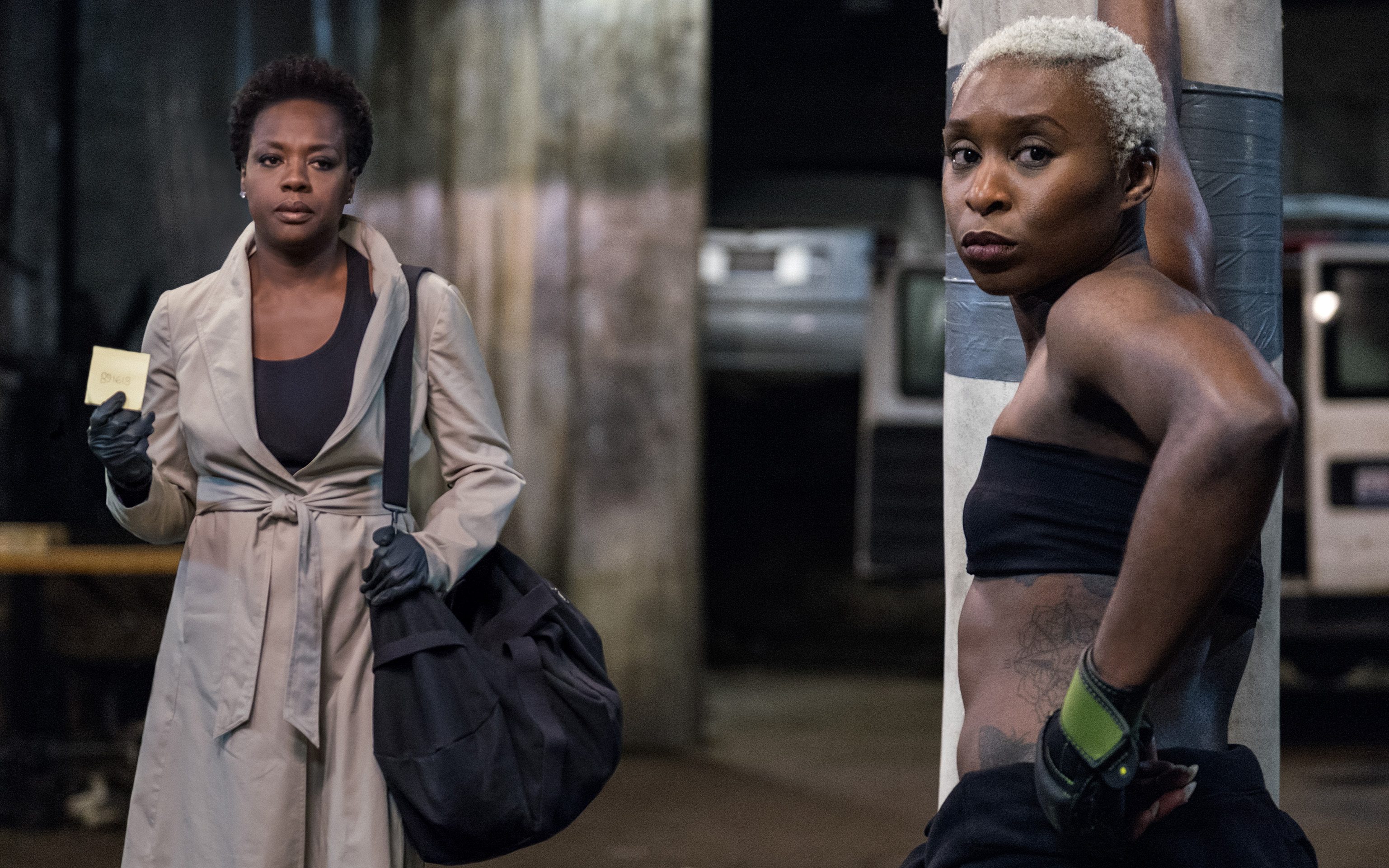
The widows’ heist takes place against the backdrop of a race for political office in which Colin Farrell plays a candidate happy to stand on a podium presenting a scheme for black businesswomen, before irritably asking his girlfriend whether she has ever slept with a black man. This plot strand crosses and converges with that of the widows in ways best left unsaid, but it’s worth noting the grim menace Atlanta’s Brian Tyree Henry’s brings as a shady local opposition candidate and the impressive performance of Get Out star Daniel Kaluuya as his viscous, gangster brother.
Throughout, McQueen demonstrates that he is attuned to the various racial and economic realities of contemporary Chicago. In one standout long-take he places the camera on the bonnet of a car as we listen to Farrell’s character spit and shout inside. The camera is angled in such a way to capture in real time the transition from the economically deprived area in which the character has been speaking, through respectably leafy suburbs, to the ivy-covered mini-mansions of the street where he lives. They’re a hop, skip and a jump away, but worlds apart.
It becomes clear why Flynn was brought on board as Widows drives into its twisty final act. The material is schlocky and even darkly comic at times, and some viewers might take exception to the tricky plotting, contrivances and coincidences the script throws out. McQueen handles it well though, and even as the film moves into its breathlessly propulsive finale, it continues to find time for its characters and the nuances of the environments they inhabit.





























